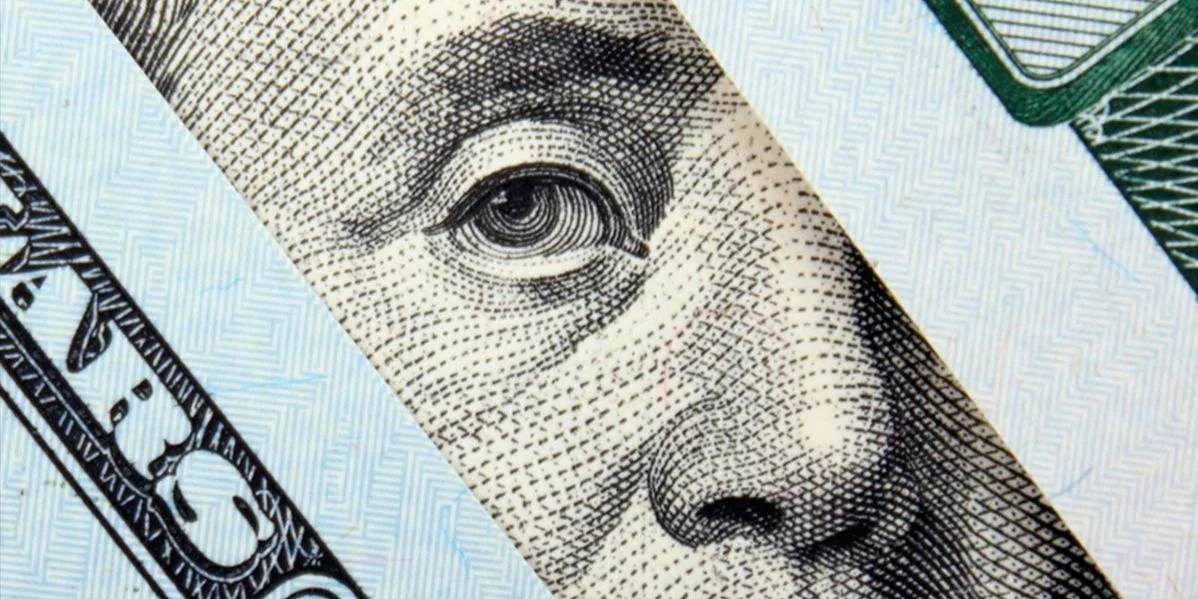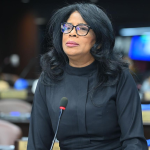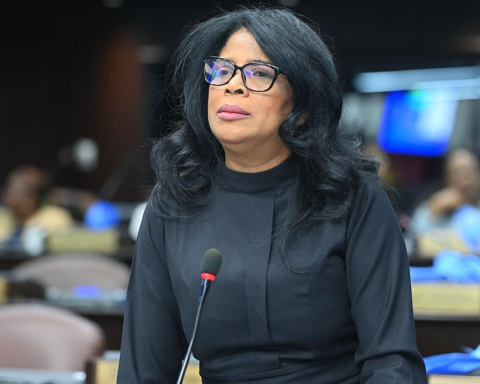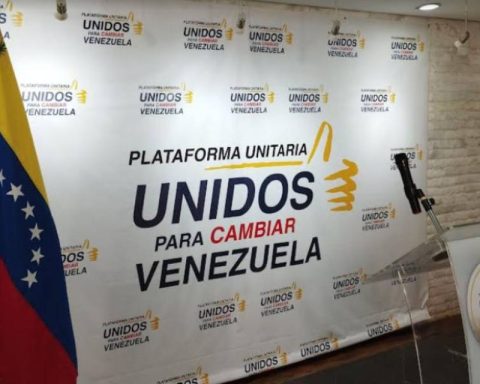Miami, United States. – The partial dollarization of the Cuban economy does not respond to an unavoidable need, but to a government plan to strengthen its political power, According to economist Pedro Monreal. In a series of publications in the social network X, the expert argued that this measure prevents economic growth and deepens market fragmentation.
“Dollarization returns the country to the pre-ordering starting box ‘: segmented market, monetary and exchange multiplicity, and erosion of work incentives,” he explained.
The economist emphasized that dollarization is not an economic need, but a political decision that reflects the government’s preference for a model based on currency control and the exclusion of other economic actors. “It is an option among several possible that indicates the political preference of the Government for the economic fragmentation based on state monopolies and the none of other ‘actors’, to suck remittances by skipping a exchange market,” he said.
1/7 Neither stone, nor paper, nor scissors. The partial dollarizacion of the Cuban economy is a mechanism to reinforce political power in a context in which those who command consider that other economic policy options entail political risk pic.twitter.com/3kot2xoimv
– Pedro Monreal (@pmmonreal) February 7, 2025
Monreal also questioned the recent statements of the Cuban prime minister about the illegal currency circulation in the country. “When the prime minister says that currencies ‘are moving illegally in society,’ he forgets to clarify that the only reason why a legal exchange market for the population does not exist in Cuba is because the government has decided so” , he said.
The expert stressed that the true purpose of dollarization is to maintain government control over currencies, rather than improve its operation within the economy. “It is ‘the control’ of the government about currencies that motivates the decision to dollarize and not so much the functioning in itself of the currencies in the economy,” he said.
On the other hand, Monreal dismissed the idea that dollarization is a necessary step for future disdain, as some authorities suggest. “It is an eccentric idea that to unfold must be traveled by the ‘previous path’ of dollarization,” he said. In his opinion, without an economic program that strengthens the Cuban weight through the increase in production, productivity and salaries, “it is not credible that ‘in all government programs the way to follow is disdaining'” .
A day before, this Thursday, Monreal had criticized the opening of 50 stores in dollars throughout the country announced by the Ministry of Internal Commerce (MINCIN). In another series of publications in X, the economist argued that the partial dollarization of the economy not only segments the market further, but also aggravates social inequalities.
In his analysis, the specialist warned that the Mincin is actively added to the replacement of Cuban weight by currencies, without addressing the underlying problem: low wages and pensions in national currency. “Dollarization does not solve these structural problems,” he said.
The expert also questioned the official justification that the collection in foreign exchange will improve the offer in national currency. According to Monreal, this idea “has already been discredited by recent practice”, because instead of allocating the income obtained to reapplacement with the market in Cuban pesos, the government prioritizes investment in dollar commercial infrastructure.
Another worrying aspect, according to the economist, is the statement that the wholesale trade in foreign exchange will guarantee supplies to promote national production. Monreal said that this type of productive chain requires additional factors, such as a stable energy supply and real incentives for producers, conditions that the country is not fulfilling.
“It is tried to sell a virtuous circle of dollarized collection, sale of currency supplies and promotion of production, when the failure of the state company scheme is already known Gelma In their sales sales to agricultural producers, ”he said.
Monreal also questioned the expansion of trade in dollars as a mechanism to capture remittances, suggesting that the measure seeks, rather, to redirect that income from the informal exchange market to the large state “holdings”. “It’s not about promoting remittance reception, but about controlling their destiny,” he said.
In addition, the economist stressed that dollarization strengthens state control over domestic trade, excluding private actors from the business. “Not only are the private ones excluded from wholesale trade, but the profitable dollar retail trade is monopolized by few Holdings state, ”he denounced.
Finally, Monreal warned about the contradiction of official discourse, which on the one hand presumes “flexibility” and “foreign investment attraction”, while maintaining a strong state control over trade. “It is not clear what those ‘competitive prices’ that are mentioned could be,” he concluded.
















